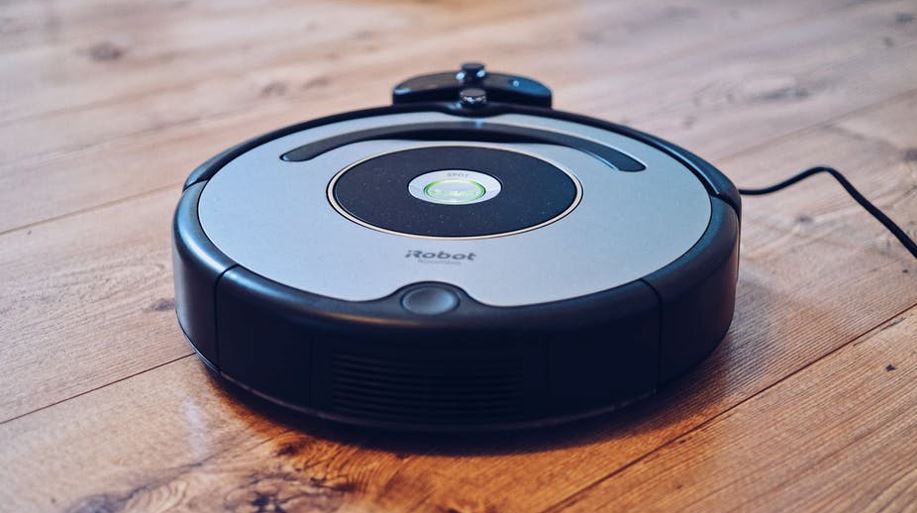Artificial intelligence (AI) is already all around us without us even noticing it, from advanced computer chips to cloud data hosting we rarely even know it’s here. We’ve become accustomed to Facebook recognizing our faces and that of our friends when pictures are uploaded on our feeds, heck we sometimes forget that Siri isn’t a human when s/he takes care of out appointments and tells us whether we should take an umbrella on our morning commute. All good until now, right? So, is there any cause for concern for AI to become malicious and dare we say a threat to human existence in the long term? This and more will be analysed in the post below.
With McKinsey already valuing the AI industry at a jaw-dropping potential of between $3.5T - $5.8T, annually, many tech companies and governments from around the world are already in a race to try and find various AI solutions to our day-to-day problems. These AI solutions are mainly sought after to commercialise them for future earnings. Many engineers from around the world are working tirelessly, to find various solutions to our most precious commodity of all, which is time. These can be from the mundane task of creating a machine that is able to fold and iron our clothes to the more elaborate attempt at introducing driverless vehicles on our roads. One part of the world that is a formidable pioneer in the industry is Palo Alto, CA, which boasts the fastest growing rate of AI start-ups. Arraiy, is one such start-up from Silicon Valley, it aims to revolutionise the movie industry, by automating the creation of digital effects for movies, television and games. This AI solution is a promising venture that is going to save millions of dollars for many film studios in Hollywood and beyond, in an industry that is already worth billions of dollars worldwide.
As such, the downsides to AI will inevitably lead people to think that it causes an existential threat to human productivity. The fear is that jobs will become scarce, therefore limiting people’s ability to make a living for themselves. In addition, at the wrong hands, as was illustrated by Cambridge Analytica and as is illustrated by China, people’s private data can be collected and used against them with or without their knowledge. Should these issues become the norm, who knows where it will lead humanity. Echoes of George Orwell's 1984 suddenly become all the more real.
There are already two California universities that created faculties that are dedicated to studying the ways in which AI can help humanity. Authors of a 2016 Stanford-led initiative argued that "if society approaches AI with a more open mind, the technologies emerging from the field could profoundly transform society for the better in the coming decades". One challenge is to try and get robots to understand what humans really want, as emotions often sway for humans who are notoriously bad at communicating what their objectives are. This remains a major challenge for AI creators and might be an insoluble mystery for AI machines - perhaps humans have a chance of survival after all.
This article does not necessarily reflect the opinions of the editors or management of EconoTimes.



 Trump Backs Nexstar–Tegna Merger Amid Shifting U.S. Media Landscape
Trump Backs Nexstar–Tegna Merger Amid Shifting U.S. Media Landscape  Washington Post Publisher Will Lewis Steps Down After Layoffs
Washington Post Publisher Will Lewis Steps Down After Layoffs  Nvidia CEO Jensen Huang Says AI Investment Boom Is Just Beginning as NVDA Shares Surge
Nvidia CEO Jensen Huang Says AI Investment Boom Is Just Beginning as NVDA Shares Surge  TrumpRx Website Launches to Offer Discounted Prescription Drugs for Cash-Paying Americans
TrumpRx Website Launches to Offer Discounted Prescription Drugs for Cash-Paying Americans  Rio Tinto Shares Hit Record High After Ending Glencore Merger Talks
Rio Tinto Shares Hit Record High After Ending Glencore Merger Talks  Nasdaq Proposes Fast-Track Rule to Accelerate Index Inclusion for Major New Listings
Nasdaq Proposes Fast-Track Rule to Accelerate Index Inclusion for Major New Listings  SpaceX Prioritizes Moon Mission Before Mars as Starship Development Accelerates
SpaceX Prioritizes Moon Mission Before Mars as Starship Development Accelerates  Missouri Judge Dismisses Lawsuit Challenging Starbucks’ Diversity and Inclusion Policies
Missouri Judge Dismisses Lawsuit Challenging Starbucks’ Diversity and Inclusion Policies  Hims & Hers Halts Compounded Semaglutide Pill After FDA Warning
Hims & Hers Halts Compounded Semaglutide Pill After FDA Warning  Weight-Loss Drug Ads Take Over the Super Bowl as Pharma Embraces Direct-to-Consumer Marketing
Weight-Loss Drug Ads Take Over the Super Bowl as Pharma Embraces Direct-to-Consumer Marketing  CK Hutchison Launches Arbitration After Panama Court Revokes Canal Port Licences
CK Hutchison Launches Arbitration After Panama Court Revokes Canal Port Licences  Instagram Outage Disrupts Thousands of U.S. Users
Instagram Outage Disrupts Thousands of U.S. Users  SoftBank Shares Slide After Arm Earnings Miss Fuels Tech Stock Sell-Off
SoftBank Shares Slide After Arm Earnings Miss Fuels Tech Stock Sell-Off  Uber Ordered to Pay $8.5 Million in Bellwether Sexual Assault Lawsuit
Uber Ordered to Pay $8.5 Million in Bellwether Sexual Assault Lawsuit  American Airlines CEO to Meet Pilots Union Amid Storm Response and Financial Concerns
American Airlines CEO to Meet Pilots Union Amid Storm Response and Financial Concerns  Alphabet’s Massive AI Spending Surge Signals Confidence in Google’s Growth Engine
Alphabet’s Massive AI Spending Surge Signals Confidence in Google’s Growth Engine  Ford and Geely Explore Strategic Manufacturing Partnership in Europe
Ford and Geely Explore Strategic Manufacturing Partnership in Europe 































